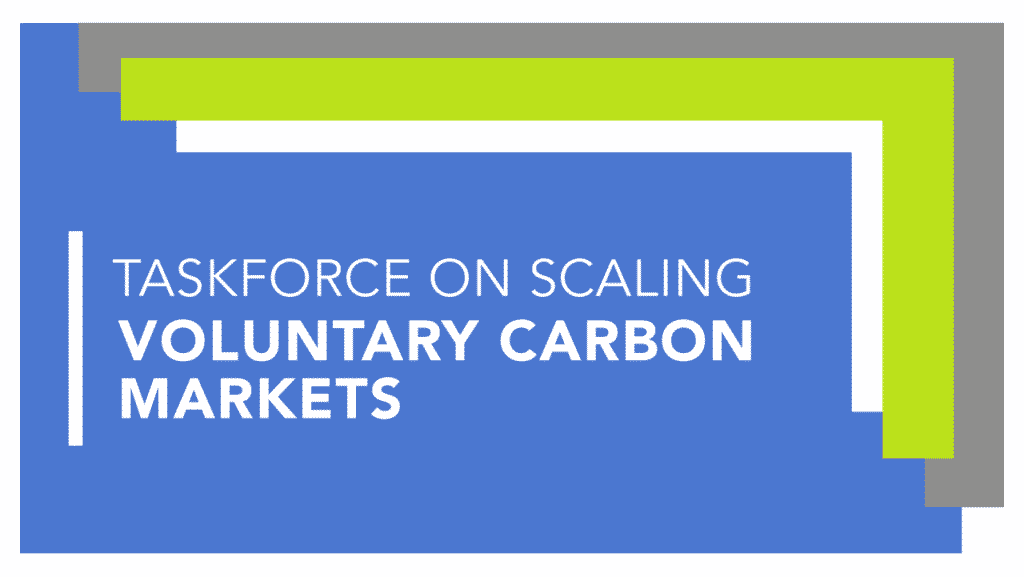The ‘Taskforce on Scaling Voluntary Carbon Markets’ is a private sector initiative working to scale the voluntary carbon credit market to help meet the goals of the Paris Agreement.
They recently formed a new, independent governing body to set global carbon credits and offsets benchmarks.
The Taskforce will have 22 Board members from 12 countries – half of which are from the global south. Over 250 organizations will be a part of creating the international standard.
Companies, investors, and individuals see value in the carbon credit and offset industry. However, critics worry about offset project quality and the way carbon is measured and priced. Practices such as greenwashing and double washing are cause for concern as well.
Plus, if different areas have different emissions standards, progress can be affected.
The Taskforce recognizes that these issues could prevent the carbon market’s success. In addition to creating global benchmarks, they are committed to addressing greenwashing, double-washing, and regional differences. Their goal is to make sure the carbon market delivers as promised.
UK Voluntary Markets Forum’s Chair Dame Clara Furse said, “Carbon credits are an important step in securing a path to net-zero. The work of the Taskforce has been essential in setting out a clear pathway towards significantly scaling voluntary carbon markets, whilst ensuring they are transparent, well-governed, verifiable, and robust.”
The threat of climate change is real, and carbon credits and offsets are a viable solution.
Global benchmarks and additional verifications will only help improve the market moving forward. With the global carbon market expected to hit $22T by 2050, these reforms are needed.

